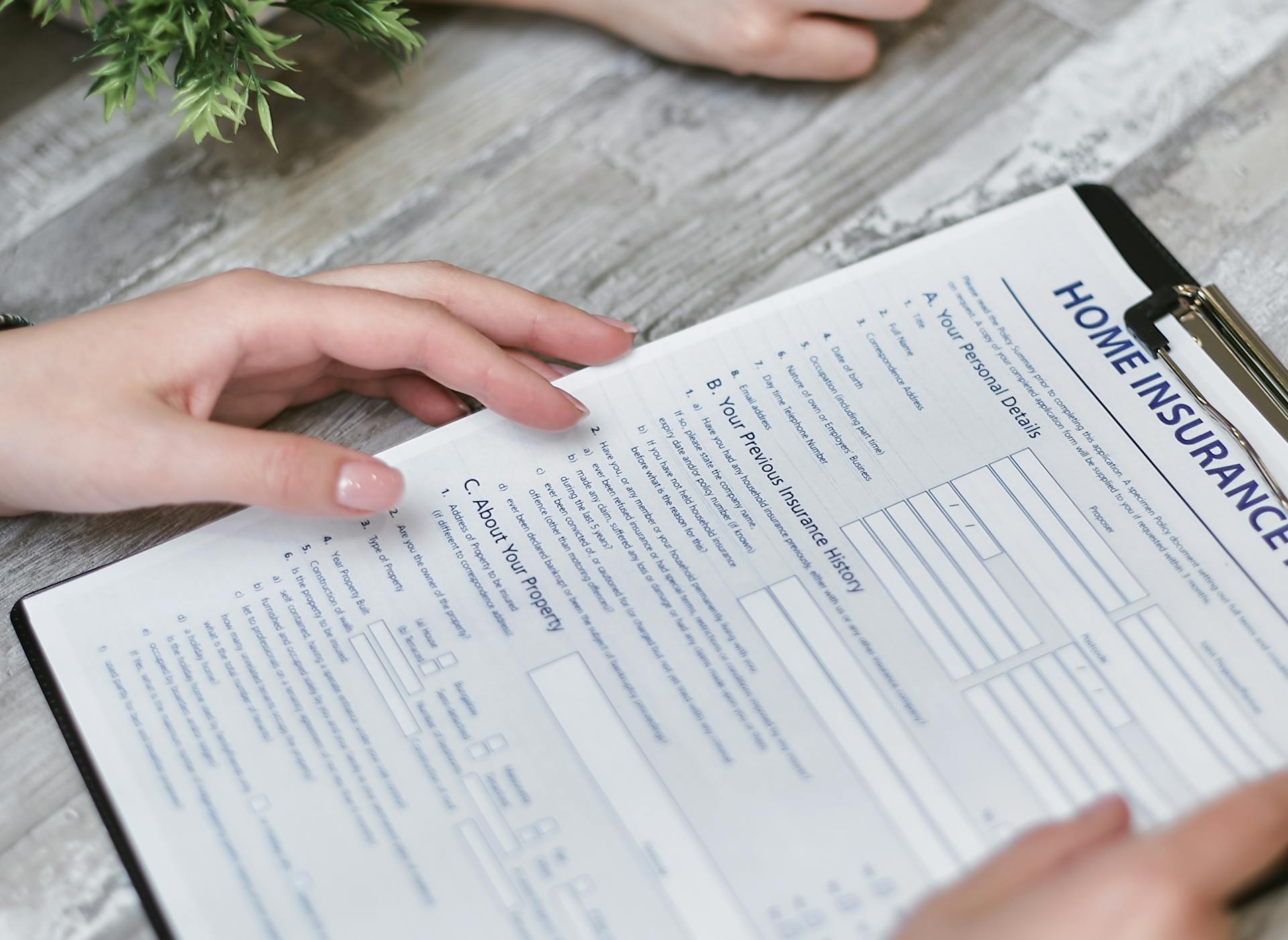How Homeowner Insurance Can Impact the Sale of Your House
Selling your home is an exciting journey that marks the beginning of a new chapter in your life. As you prepare to put your house on the market, you’ll find yourself navigating a maze of tasks and considerations—from staging and listing to negotiating offers and closing the sale.
One critical aspect that often goes overlooked is homeowner insurance. Understanding its role in the selling process can save you time, money, and potential headaches. In this blog post, we’ll explore why homeowner insurance is essential when selling your home and how to handle it effectively.
Why Homeowner Insurance Matters When Selling
Protection During the Listing Period
From the moment you decide to sell until the closing date, your home remains your responsibility. During this period, it’s exposed to various risks, including natural disasters, theft, and accidents. Homeowner insurance provides the necessary coverage to protect against these potential losses. Without it, you could face significant financial setbacks if something unexpected occurs.
Liability Coverage
As prospective buyers tour your home, the risk of accidents increases. Suppose a visitor slips and falls on your property. In that case, you could be held liable for their medical expenses and other damages. Homeowner insurance typically includes liability coverage, which can protect you from costly lawsuits during the selling process.
Mortgage Requirements
If you have a mortgage on your property, your lender likely requires you to maintain homeowner insurance until the loan is paid off. Selling your home doesn’t automatically release you from this obligation. Ensuring continuous coverage is crucial to remain in compliance with your mortgage agreement and avoid any complications during the sale.
Steps to Manage Homeowner Insurance When Selling
Review Your Policy
Start by reviewing your current homeowner insurance policy. Understand what is covered and ensure that it provides adequate protection throughout the selling period. Pay attention to coverage limits, exclusions, and the process for filing claims.
Notify Your Insurance Company
Inform your insurance provider about your plans to sell the property. This notification is essential for two reasons: first, it ensures that your policy remains active and that you have the necessary coverage during the transition period. Second, it allows you to discuss any potential changes or additional coverage you might need.
Consider Additional Coverage
Depending on your situation, you might need additional coverage. For instance, if your home will be vacant for an extended period, you may need a vacancy policy. Vacant homes are more vulnerable to vandalism and damage, and standard homeowner insurance policies often have limited coverage for vacant properties.
Coordinate with the Buyer
Once you have a buyer, coordinate the transfer of homeowner insurance. Typically, the buyer will need to obtain their own insurance policy before closing. Ensure there’s no gap in coverage between the time you cancel your policy and the buyer’s policy takes effect. This step is vital to protect both parties from unforeseen incidents during the final stages of the sale.
Cancel or Adjust Your Policy Post-Sale
After the sale is finalized and you’ve transferred ownership, contact your insurance provider to cancel your policy or adjust it if you’re moving to a new home. Provide documentation of the sale, such as the closing statement, to confirm the transfer of ownership.
Homeowner insurance plays a crucial role in the selling process, offering protection and peace of mind from listing to closing. By understanding its importance and managing your policy effectively, you can ensure a smoother and more secure home-selling experience.
Don’t overlook this essential aspect of selling your home—take the time to review, notify, and adjust your insurance to align with your selling timeline.




